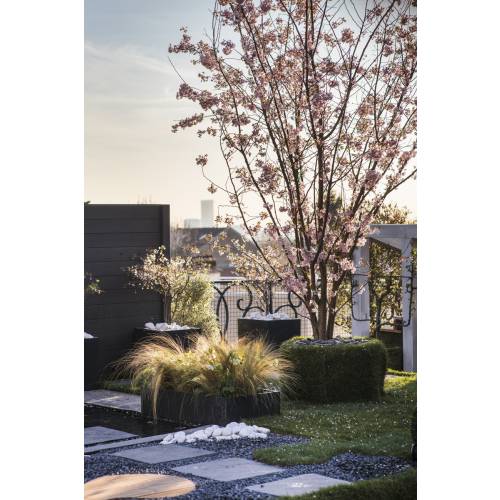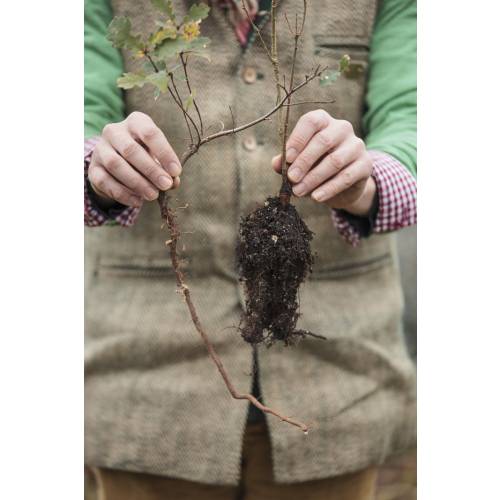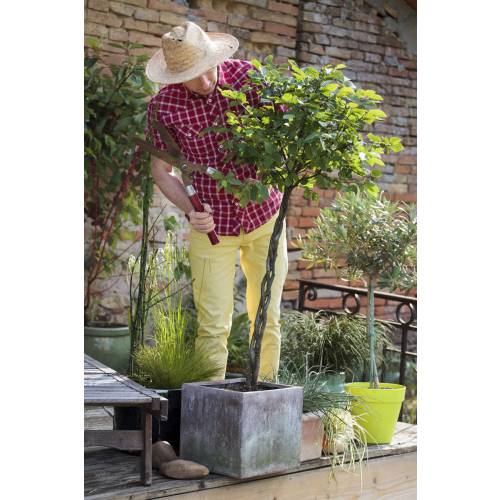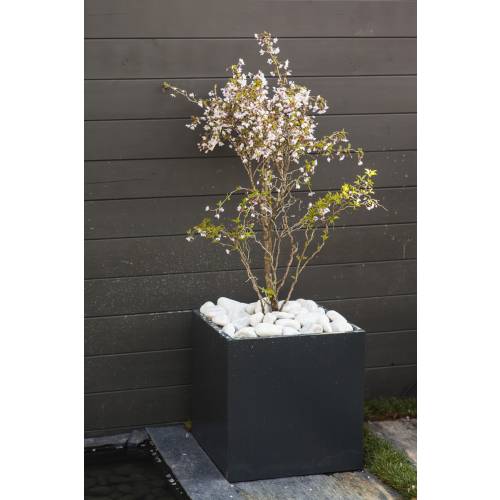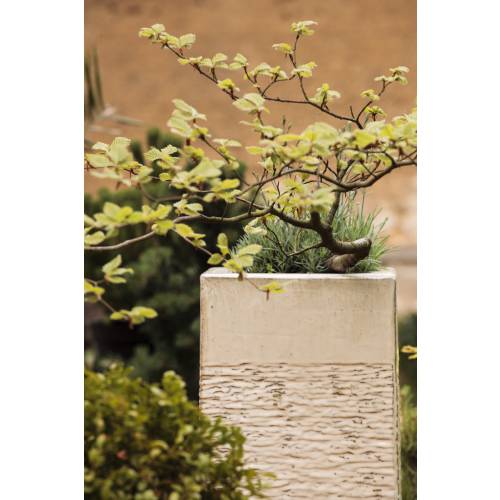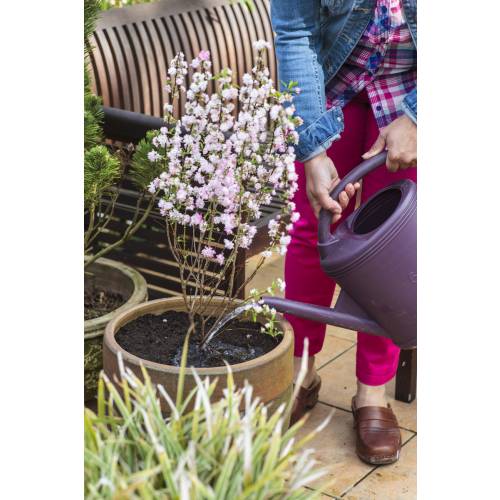
Garden decoration
Growing a tree in a pot
- Details
-
Some varieties, such as Pine or Maple trees grow well in pots and for a long time while respecting the plant’s physiology. However growing a tree in a pot is a particular way of growing.
A Plant under constraint
In nature, a tree spread its roots up to several meters away. In a pot, of course, it must make do with the given volume. Its roots have a very different shape than in their natural state: they form a compact mass, while in nature a main root would go in depth. This is what we call a ‘taproot’ which a pot-grown tree hasn’t got. Because of this, it is less wind and drought’s resistant.
Cramped roots, therefore pruned branches
As we cannot increase the pot’s size indefinitely, we must limit the branches’ volume. A pot-grown tree which is not pruned is a tree which is going to through difficulties in time. Regularly trim the shoots which form to avoid the branches getting too long. You can also cut a few branches right back, to aerate the centre of the branches, for example, if the tree creates too much shade or is too dense. Pruning is done preferably between March and September.
The best varieties
In theory, it is possible to grow all the varieties in a pot. However some are easier than others. They are the same varieties than the ones grown as Bonsais: Maple, Olive trees, Cherry trees and other flowering trees, Pine trees and all the small-leaved varieties. Large-leaved varieties such as the Catalpa (Indian Bean tree), the Cercis (Judas tree), the Aesculus (Horse Chestnut tree) or the Platanus (Plane tree) do not perform as well when grown in pots.
A shape adapted to suit
For the trees which grow naturally in forests like the Oak tree or the Beech tree foresee a deep pot so that the roots can go to the bottom of the pot.
Watering, a crucial point
Because of the wind factor which can make it dry out more rapidly, a pot-grown tree needs regular watering. Install an integrated, automatic watering-system if you cannot water it yourself every day, in hot and windy weather. A tree will have more autonomy if its branches have been pruned short.
In case of hot flush!
If a tree has suffered from a lack of water, do not panic! Prune its branches by two- thirds. Cut the leaves which have been scorched (do not pull them away). An intense, temporary stress leads to the tree going into rest. It will form new shoots and young leaves three to four weeks later just like if it was spring. It could even blossom off-season (in that case it will not blossom the following year). Give it great care until the end of the season. A pot-grown tree can suffer from one hot flush a year, rarely two... - Photos (6)

